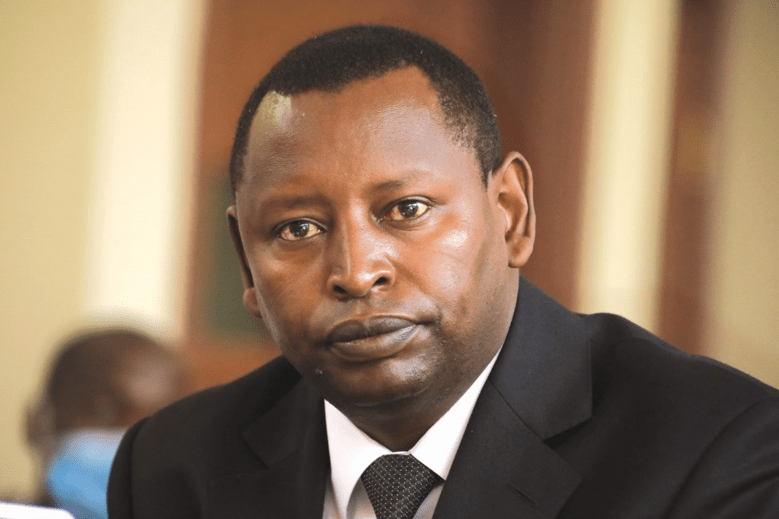Slap on wrist for governor who stole tens of millions
By Alphonce Mung’ahu, August 30, 2024Former Samburu governor Moses Lenolkulal was yesterday sentenced to a total of eight years in prison or pay a total fine of Sh85.4 million.
Lenolkulal was fined Sh1 million for each of the two charges of abuse of office and conflict of interest, or in default, serve four years for each of the charges.
He was also ordered to refund Sh83 million he corruptly obtained while serving as governor.
Delivering the sentence, Milimani anti-corruption court Chief Magistrate Thomas Nzyoki also barred Lenolkulal and his co-accused, Hesbon Ndathi, from holding any elective or appointive office for 10 years.
Ndathi alone was ordered to serve four years in prison or pay a Sh1 million fine for unlawful acquisition of public property.
Lenolkulal was ordered to pay Sh83,460,995, which is twice the benefit he pocketed.
‘Politically motivated’
Meanwhile, former county secretary Stephen Siringa and other county officials were handed four-year jail terms or a fine of Sh700,000 each for their role in the scandal.
Nzyoki gave the former governor and his fellow convicts 14 days to appeal the sentences.
In his mitigation, Lenolkulal maintained his innocence, stating that the case against him was politically motivated.
He asked the court to consider that he is his family’s sole breadwinner.
He pleaded with the court to grant him a non-custodial sentence, expressing confidence that he will be exonerated eventually.
Lenolkulal also requested a non-custodial sentence, arguing that as a first-time offender and the sole provider for his family, a lenient sentence would be more appropriate.
He also asked the court to avoid imposing a ban on his eligibility to run for political office in future, arguing that it would be unfair to lock him out of politics for the rest of his life.
He also pleaded that if a fine be imposed, it should be payable in installments due to the current challenging economic conditions.
His lawyer, Paul Nyamodi, also pleaded for leniency, saying “what happened was not a deliberate criminal enterprise but a grave error of judgment”.
He urged the court to consider that no loss resulted when fuel was supplied by the Oryx service station, which was owned by Lenolkulal.
Fellow convicts Siringa, Ndathi, Daniel Nakuo, Josephine Naamo, Reuben Marumben, Milton Lenolngenje, Bernard Lesurmat and Lilian Balanga, for their part, told the court that the trial had financially drained them to the extent that they could only pay any fines in installments if they are imposed upon them.
Ndathi told the magistrate: “May God help me through you. Let the Holy Spirit touch you to help me.”
Grave offence
Prosecutors, led by Joseph Riungu, Alex Akula and Wesley Nyamache, however, demanded that the court consider the gravity of the offence and take into account the impact it had.
Corruption, he said, must be made painful to deter other offenders.
“The accused persons were convicted of serious offences that strike at the very foundation of public trust and integrity that are deeply enshrined in the Constitution,” said Riungu.
This, he added, was breached when Lenolkulal took the oath of office as governor.
“He swore to diligently serve the people of Samburu and Kenya but he didn’t remain true to his word,” the prosecutor noted.
Lenolkulal, he added, failed to create an enabling environment of equity and patriotism when he chose to do business with the county.
The personal gain that Lenolkulal received, he added, means he breached the Constitution and this should be taken into account.
He also asked the court to consider the principle of accountability and transparency, especially after Samburu was tagged as one of the most marginalised counties in Kenya by the Commission of Revenue Allocation.
“Lenolkulal, over and above, ought to have exercised prudent [use] of public funds. But he mutilated those funds and gained interest,” he said.
